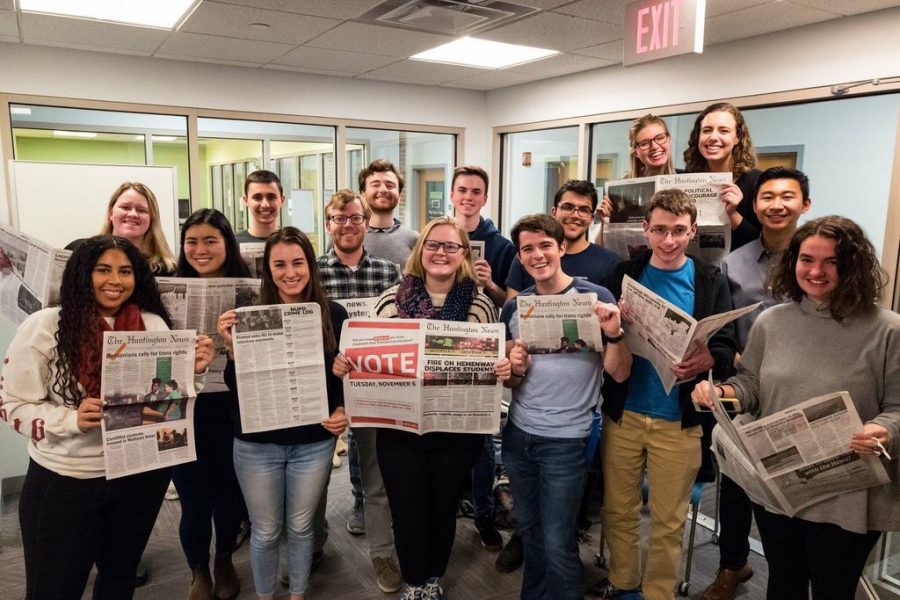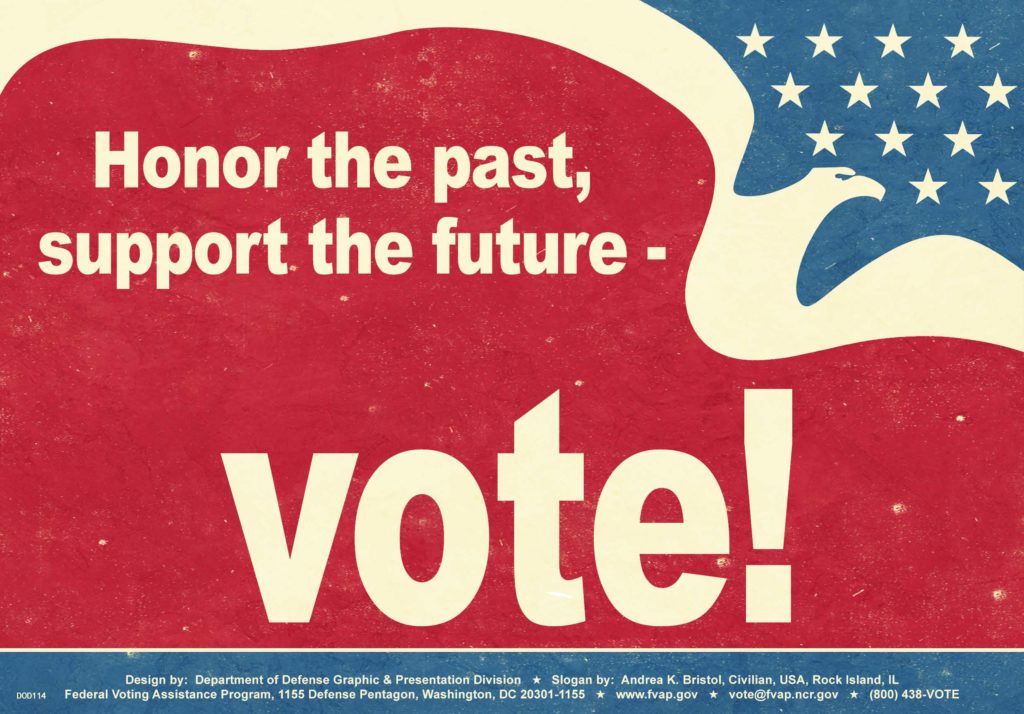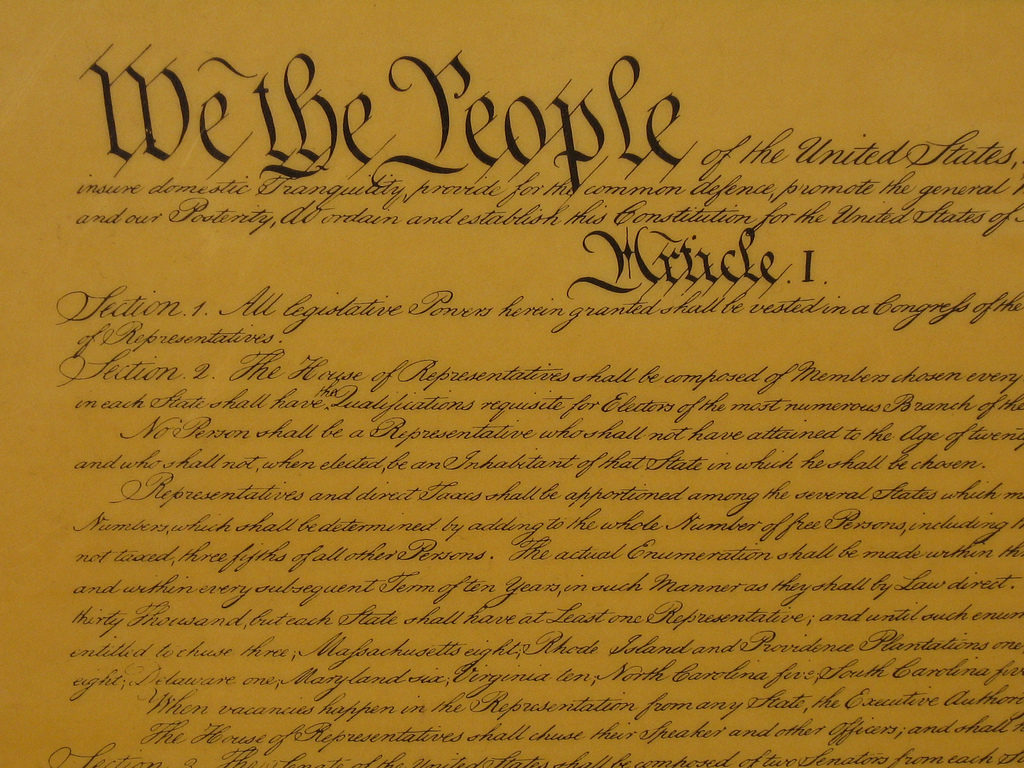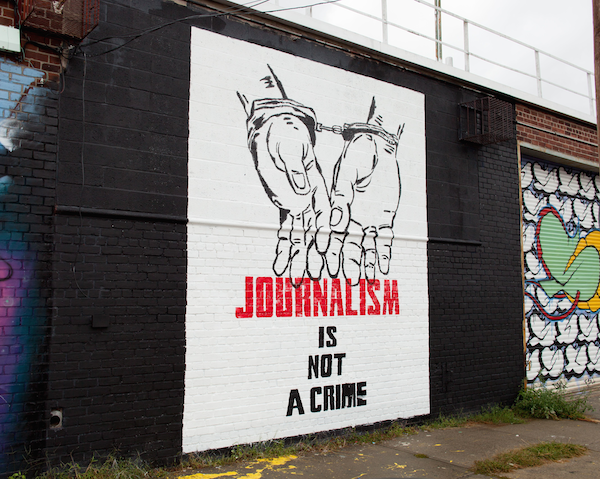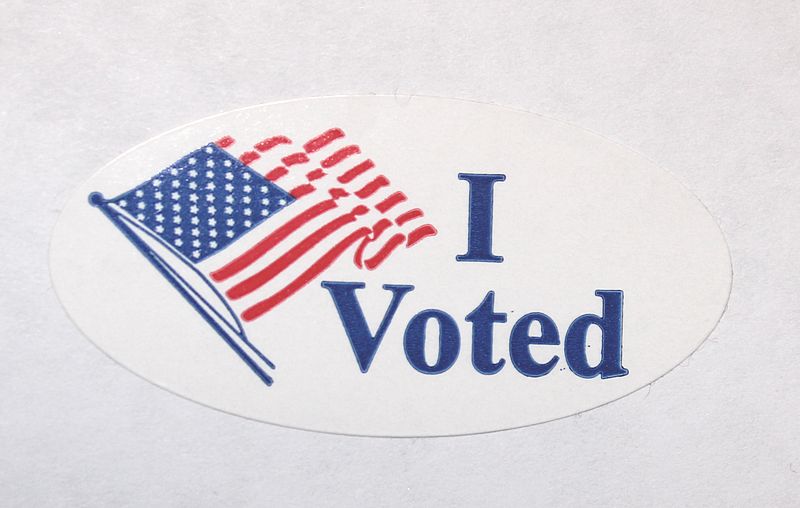TRIGGER WARNING: This editorial contains material which may be upsetting or harmful to anyone affected by police violence.
Renee Davis was five months pregnant when she was fatally shot by King County sheriff’s deputies checking on her welfare Friday night, her foster sister, Danielle Bargala, told the Seattle Times.
Davis, a 23-year-old Native woman and mother of three, had struggled with depression. After she sent a text insinuating she was suicidal, the person she texted alerted law enforcement. Two deputies arrived at her home on Muckleshoot tribal land shortly after 6:30 p.m. and opened fire when they discovered her with a handgun. Medics pronounced Davis dead on the scene.
With hundreds of people killed by police every year in this country, for many Americans, only a handful of emotions are likely to prevail: Rage, overwhelmedness and, pervasively, apathy. As the number of fatalities ticks higher each day, no matter the database, it’s easy to forget the context. However, to the individuals who are directly and immediately impacted, that context matters.
Native Americans are killed by police at a higher rate than any other group in the U.S.
According to the 2016 Fatal Force database created by the Washington Post, 12 people specifically identified as Native American were killed by police in 2016. Nine fatalities were reported in 2015, for a total of 21 deaths since Jan. 1, 2015.
Although the Post acquires its data mainly through public records and independent databases, other media outlets have turned to crowdsourcing to aggregate information on individuals killed by police. The Guardian’s database, The Counted, lists 879 fatalities in 2016, a stark difference from the Post’s report of 788. Of those, 15 people were Native Americans.
That statistic may seem small in comparison with those of other groups (212 black, 141 Latinx in 2016 so far), but it’s important to keep the number in perspective. The Guardian also provides information on the number of people killed by police per million Americans, sorted by ethnicity. For Native Americans, that amount is 6.33 per million — higher than any other group. For comparison, for every one million people in the U.S., 5.31 people killed by police are black, 2.49 are Latinx, 2.2 are white and 0.83 are Asian and Pacific Islander.
The Guardian is not the only source claiming this. According to a special report released by In These Times on Oct. 17, Mike Males, senior researcher at the Center on Juvenile and Criminal Justice, looked at data the Centers for Disease Control and Prevention (CDC) collected from medical examiners in 47 states between 1999 and 2011. When compared to their percentage of the U.S. population, Natives were more likely to be killed by police than any other group, including African-Americans.
The objective here is not to pit Black Lives Matter against the Native Lives Matter movement, which began in late 2014. However, it is important to note the extreme under-reporting of Native issues.
According to In These Times, Claremont Graduate University researchers Roger Chin, Jean Schroedel and Lily Rowen reviewed articles about deaths by cop published between May 1, 2014 and Oct. 31, 2015, in the top 10 U.S. newspapers by circulation. Of the 29 Native Americans killed by police during that time, only two received coverage at all.
We are publishing this now because it is outrageous that so many lives have been completely disregarded by mainstream media outlets. The brutalization of Native American populations has an obvious and violent history, starting with Christopher Columbus’s landing in 1492 and continuing into the present day in the forms of police killings, the Dakota Access Pipeline project and underfunding of mental health care programs, to name a few examples.
Many writers go so far as to call what has happened to Native Americans genocide, although varying definitions lead to varying opinions. An essay published in Oxford Research Encyclopedias American History archive sums it up nicely: “However one resolves the question of genocide in American Indian history, it is important to recognize that European and U.S. settler colonial projects unleashed massively destructive forces on Native peoples and communities.”
We have to stop these forces now — before the destruction is complete.


